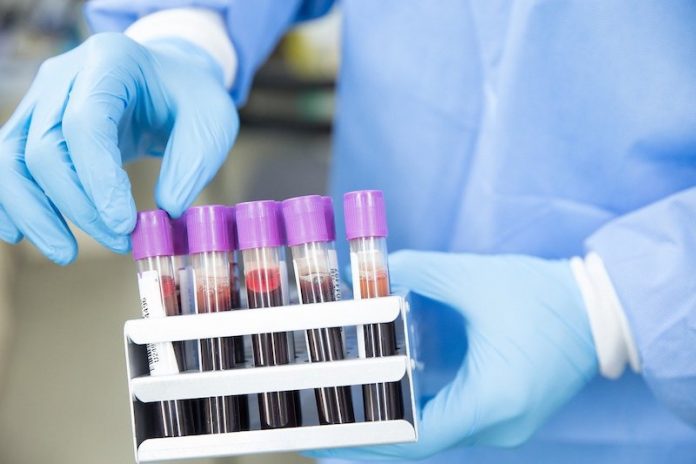
In a new study from Arbor Research Collaborative for Health, researchers found that treating iron deficiency, even in the absence of anemia, may benefit patients with kidney disease.
Iron deficiency occurs in 30% to 45% of patients with chronic kidney disease (CKD), and because iron is important for the production of red blood cells (or erythropoiesis), low levels can lead to anemia.
Clinical trials in patients with heart failure and iron deficiency have shown that boosting patients’ iron levels improves their heart health regardless of whether patients have anemia.
In the study, the team looked to see if this might also be true in the Chronic Kidney Disease Outcomes and Practice Patterns Study (CKDopps), an observational study of patients with advanced non-dialysis CKD.
They tested 5,145 patients with CKD from Brazil, France, the United States, and Germany who were followed for about 3 years.
They found iron deficiency was linked with higher risks of death and heart events, in patients with and without anemia.
The researchers says intervention studies addressing the impact of iron deficiency treatment are necessary to challenge the anemia-focused paradigm of iron deficiency management in CKD, potentially developing better treatment strategies to improve patient outcomes.
They note that more clinical trials are needed to establish the role of iron treatment, even in the absence of anemia, in patients with CKD.
If you care about kidney diseases, please read studies about this diabetes drug may help slow down chronic kidney disease and findings of some common vegetables may reduce diabetes-related kidney damage.
For more information about kidney health, please see recent studies about these common painkillers may harm your heart and kidneys and results showing that this high blood pressure guideline can benefit people with kidney disease.
The study is published in JASN. One author of the study is Roberto Pecoits-Filho, MD, PhD.
Copyright © 2021 Knowridge Science Report. All rights reserved.



